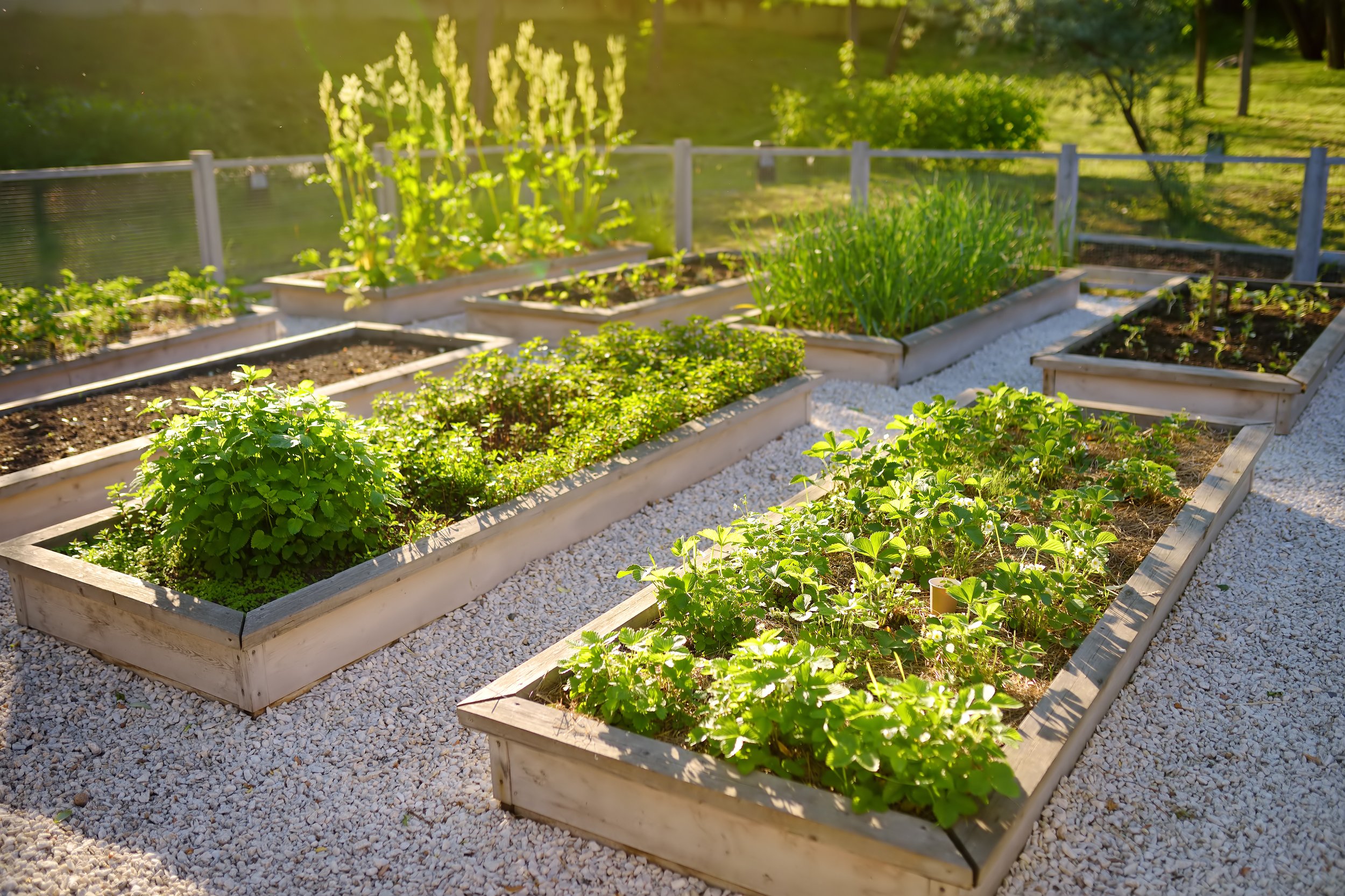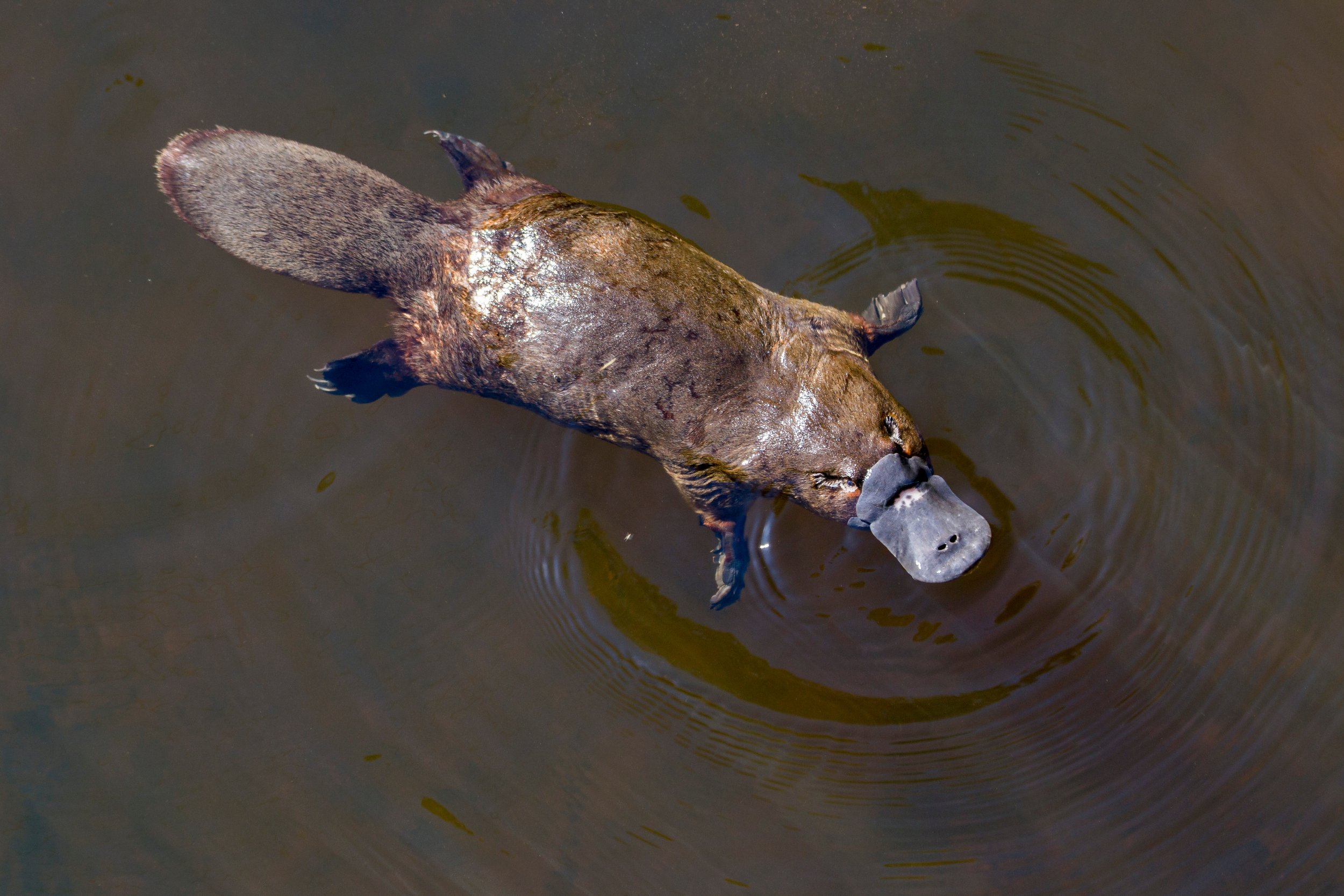
Community-based food systems
Permaculture is an ecological design process that observes nature, and researches “tools and techniques” used by Indigenous people in the region, while balancing our needs with all other species around us. The goal is to create a living, evolving system that mimics nature, and produces food and energy that regenerates, rather than annihilates the Earth. Indigenous cultures have been working with nature for thousands of years, and we must look towards these communities, while utilising permaculture practices in our own gardens, to live harmoniously within the country.
Many non-western cultures around the world have an ingrained reliance on communal food systems, which can be practised through such acts as sharing an overabundance of food with a neighbour, working together to produce a variety of different crops in each yard to share, and relying only on local, seasonally grown fruits and vegetables at farmers markets. A harmonious and mutually beneficial communal food system is necessary if we are to exist as a sustainable society.
Relying on our own food production system brings many benefits, which includes building community, protecting animals and also protecting our planet. Self-sustainability enhances social equity through initiatives such as community gardens, projects focused on redistributing food and useful goods to those in need, and having meaningful connections with each other within these groups. The benefits of growing our own food also include minimising pollution by conserving our resources, which eventually leads to fewer products being manufactured that cause greenhouse gas emissions to our climate and less physical harm towards animals.
It is important to recognise that individual circumstances may impact one’s ability to produce a fully self-sustained food production system. Financial strain, extensive working hours, mental health and single-parenthood are a few of many reasons why somebody might not be able to put the time in to growing their own food, which is why Defend the Wild advocates for community-based food systems to be supported by Governments nation-wide.
Growing our own self-sufficient food system develops by making small steps over time and gradually decreasing our reliance on buying commercially produced food. While achieving a fully self-sustained food system is a long process – especially if working a conventional job or living in an apartment complex - it is still possible to achieve this to some level in our own backyards, on apartment balconies, or through local community-driven initiatives.
Take the pledge to be a Wildlife Defender today!
Each of us have incredible power to create meaningful change - let’s use it. You can play an important role in the protection of Australia’s unique wildlife. Take the pledge to become a Wildlife Defender today and join a growing community of people defending the wild.



